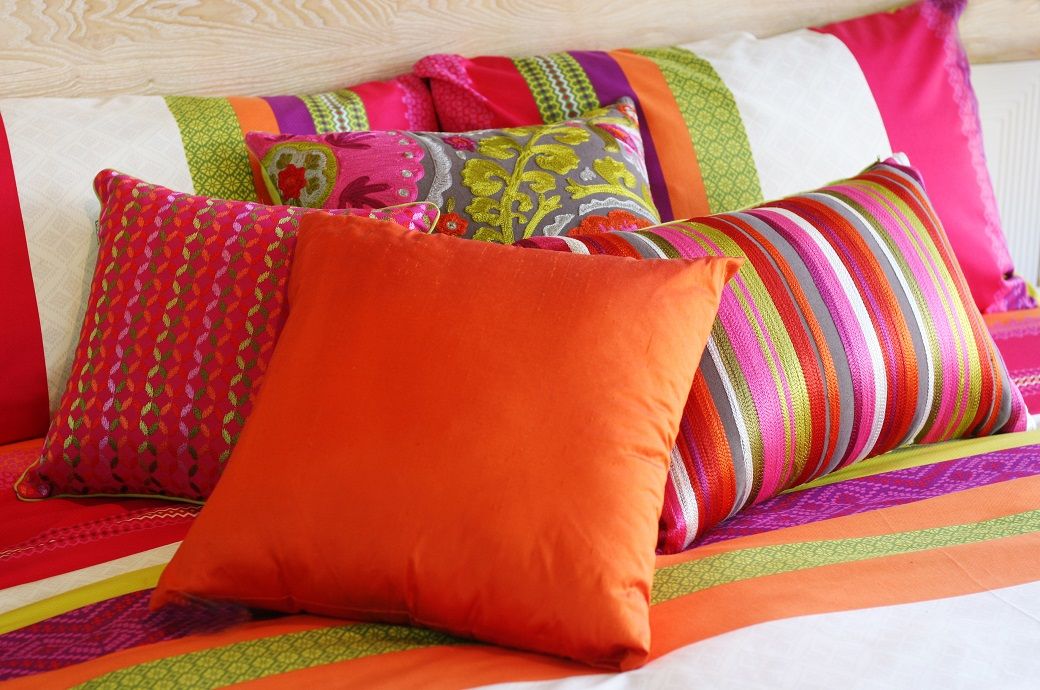
Industry insiders noted that the flagging demand for home furnishings can be gauged from the plummeting prices of the basic raw material, cotton comber. The prices have dropped from a high of ₹170 per kg to ₹120-122 per kg. Worth noting is that the industry has been wrestling with a comber shortage due to a slowdown in combed yarn production and dwindling imports from Bangladesh. Comber is a by-product of combed cotton yarn. Sluggish production, triggered by a decrease in combed cotton yarn demand, has resulted in a lower supply of comber.
The sources also revealed that while the Indian home furnishing industry used to import comber from Bangladesh, the latter has been focusing more on promoting its domestic home furnishing industry, hence reducing the supply to India. Sources added that even though southern India's spinning mills generate a significant volume of comber, this supply has also diminished in recent months. However, the steep drop in comber consumption has caused prices to fall over the past two to three months.
Panipat-based exporter Lalit Goel told Fibre2Fashion, “The serious problem of slower export orders began after Russia-Ukraine war. It fuelled inflation due to supply disruption of crude oil and other commodities. Consumers have little money in hand for buying non-essential goods. Therefore, brands and retailers are facing little sale which reduced new export orders.”
Goel mentioned that export demand has declined by about 70 per cent compared to shipment volumes during the pandemic. Manufacturing units for spinning, weaving, and other processes are operating at a reduced capacity. Some sources indicate that smaller units are struggling more to maintain production and are closing down due to insufficient funding.
Ramesh Verma, a Panipat-based exporter and member of the Handloom Export Promotion Council, told F2F, “High inflation in Europe and the US has already dried up new export orders. Large numbers of manufacturing units are idle as they are lacking demand. Import of blanket and other home furnishing products from China has also added to the problems.” He explained that blankets and certain other items carry a high import duty rate of up to 30 per cent, but if imported in pieces, the duty is significantly lower. These goods are being imported in pieces and then sold as refurnished products at considerably lower prices after stitching.
Preetam Singh Sachdeva, a recycled yarn manufacturer and trader, stated, “It is a critical period for the entire Panipat-based home furnishing industry. Neither export demand can support, nor domestic sale is positive. There is a sense of uncertainty and pessimism about revival of the industry.”
Insiders estimate that the Panipat industry exports around 40 per cent of its total production, with the remaining output sold domestically. The industry experienced a boon during the pandemic when global demand for home furnishings hit a peak. However, as consumer preferences shifted from home furnishings to garments after COVID, Panipat's newly added production capacity remained underutilised. The Russia-Ukraine conflict also severely impacted the industry.
Fibre2Fashion News Desk (KUL)